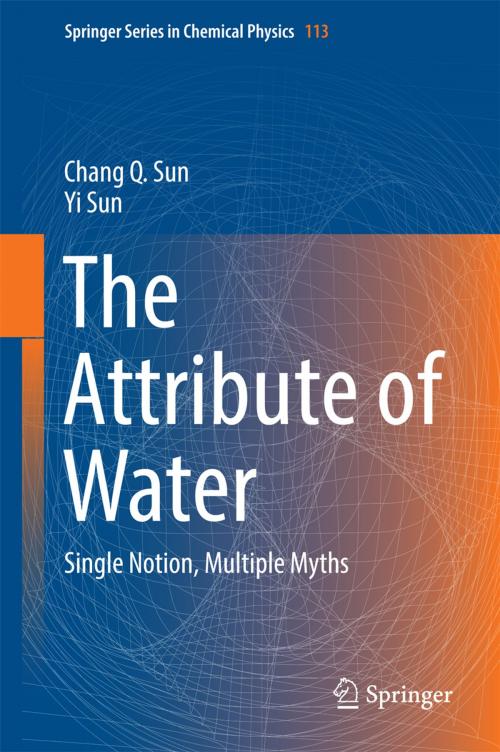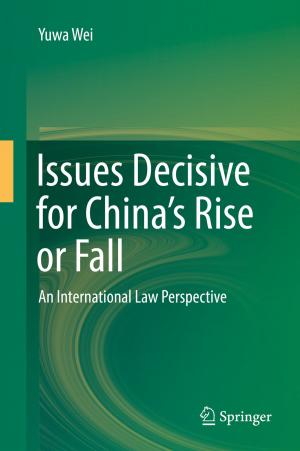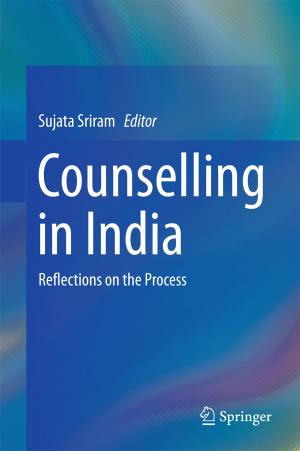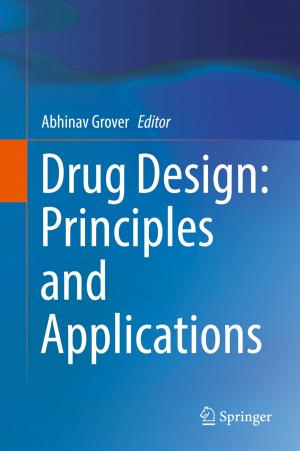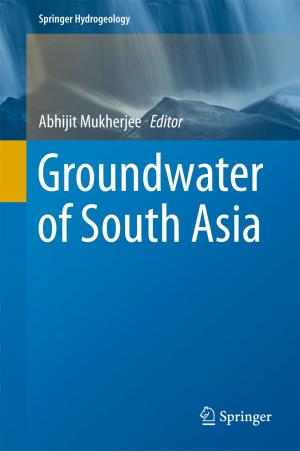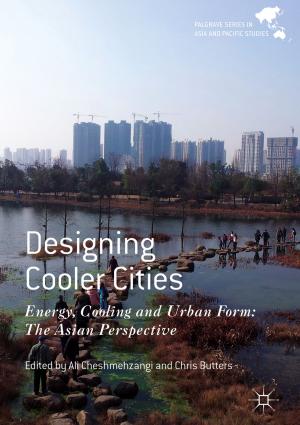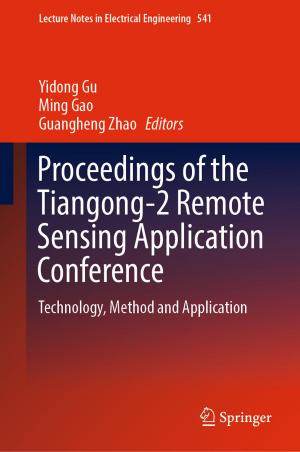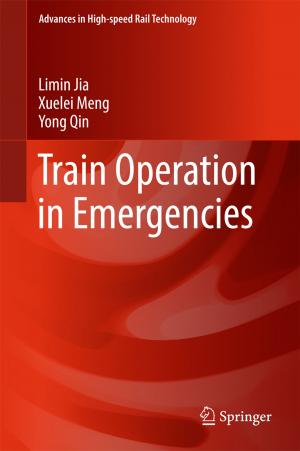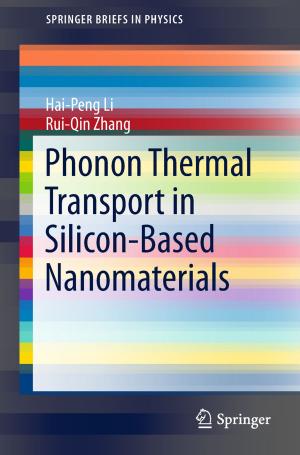The Attribute of Water
Single Notion, Multiple Myths
Nonfiction, Science & Nature, Science, Biological Sciences, Molecular Physics, Earth Sciences| Author: | Chang Q Sun, Yi Sun | ISBN: | 9789811001802 |
| Publisher: | Springer Singapore | Publication: | February 13, 2016 |
| Imprint: | Springer | Language: | English |
| Author: | Chang Q Sun, Yi Sun |
| ISBN: | 9789811001802 |
| Publisher: | Springer Singapore |
| Publication: | February 13, 2016 |
| Imprint: | Springer |
| Language: | English |
This book features the latest advances and future trends in water science and technology. It also discusses the scientific popularization and quantitative resolution of a variety of mysterious properties of water and ice from the perspective of hydrogen-bond cooperativity in response to stimuli such as chemical contamination, electrification, magnetification, mechanical compression, molecular undercoordination, and thermal excitation. Anomalies include the floating of ice, the Hofmeister effect in solutions, regelation of ice, slipperiness of ice, water’s tough skin, the Mpemba paradox, and the floating bridge. It also addresses the superfluidity of microchannels, hydrogen bond potentials, nanodroplet and bubble thermodynamics, quasisolidity and supersolidity, controlling superhydrophobicity–superhydrophilicity transition, and high-pressure ice formation. The target audience for this book includes students, senior scholars, engineers and practitioners in the area of physical chemistry, biology, as well as aqueous and colloid solutions.
This book features the latest advances and future trends in water science and technology. It also discusses the scientific popularization and quantitative resolution of a variety of mysterious properties of water and ice from the perspective of hydrogen-bond cooperativity in response to stimuli such as chemical contamination, electrification, magnetification, mechanical compression, molecular undercoordination, and thermal excitation. Anomalies include the floating of ice, the Hofmeister effect in solutions, regelation of ice, slipperiness of ice, water’s tough skin, the Mpemba paradox, and the floating bridge. It also addresses the superfluidity of microchannels, hydrogen bond potentials, nanodroplet and bubble thermodynamics, quasisolidity and supersolidity, controlling superhydrophobicity–superhydrophilicity transition, and high-pressure ice formation. The target audience for this book includes students, senior scholars, engineers and practitioners in the area of physical chemistry, biology, as well as aqueous and colloid solutions.
